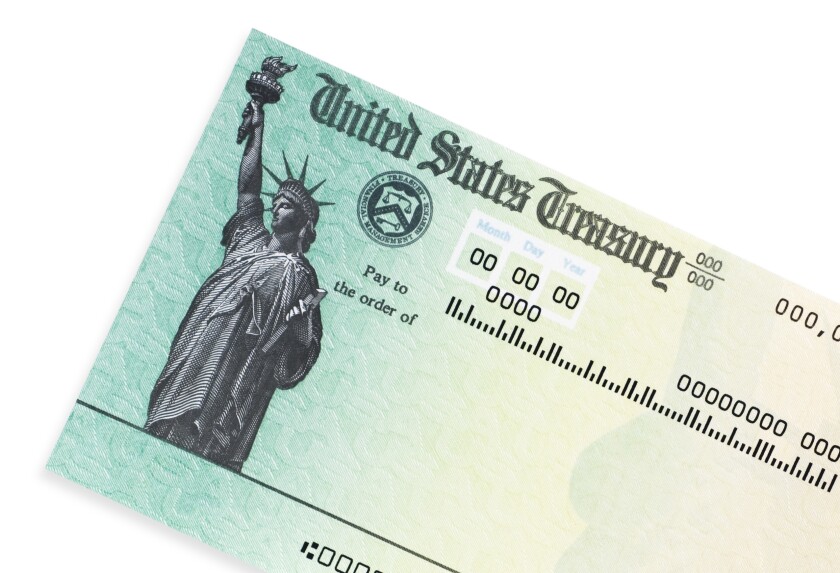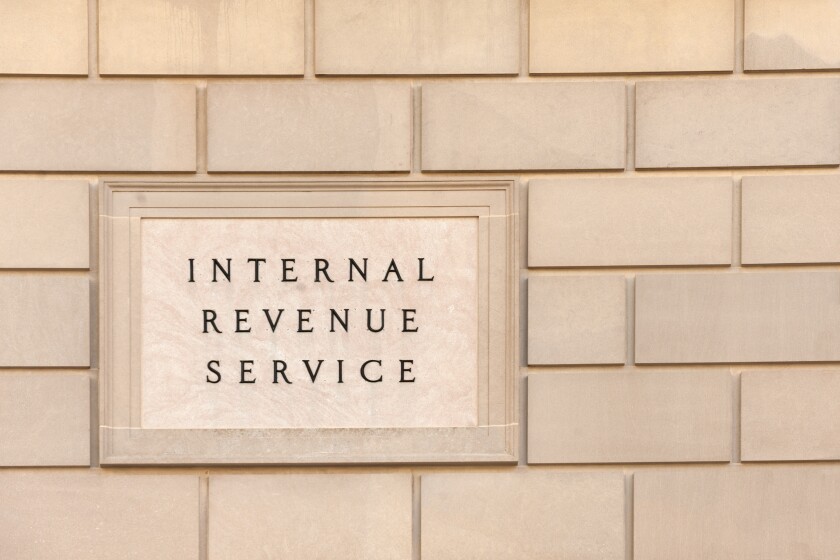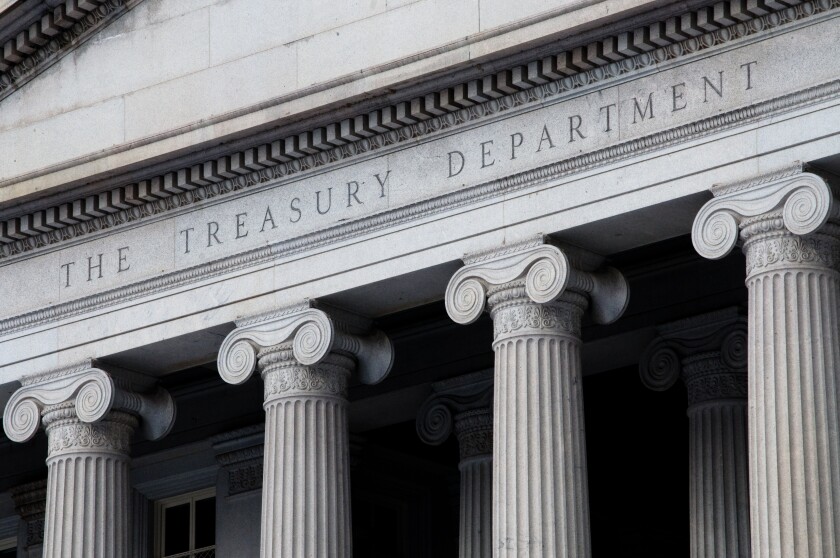The American Institute of CPAs has posted a set of frequently asked questions and answers aimed at helping CPAs and their clients with tax filing and tax relief in response to the novel coronavirus pandemic, while pointing out the various shortcomings in the federal government’s response.
This is normally the time of year when the federal government is collecting taxes due, but the devastating coronavirus now has the U.S. trying to rapidly dole out hundreds of billions of dollars in aid and tax breaks to businesses large and small.
Ginnie Mae and the FHA provided temporary liquidity relief for mortgage servicers bracing for higher delinquencies, but the industry continues to pressure Treasury and the Fed to provide more comprehensive support.
The U.S. Treasury is talking to digital payments providers about quick ways to disburse funds to recipients of stimulus checks within a couple of weeks, but payments industry experts foresee troubling security issues even with most of the obvious options.
Some people counting on $1,200 stimulus checks from the government may not see the money until mid-September, according to a House Ways and Means Committee analysis.
Many bankers find crucial parts of the SBA effort to help businesses hurt by the coronavirus outbreak to be unclear and onerous. If those issues go unresolved, participation could suffer.
The Internal Revenue Service and the Treasury Department have reversed course on requiring senior citizens to file a “simple tax return” in order to receive a stimulus payment as part of the coronavirus package passed by Congress last week.
Federal agencies are increasingly sending incorrect benefit payments to Americans, a government watchdog said as the Internal Revenue Service prepares to send more than $292 billion in direct payments to households as part of the government’s coronavirus response.
The Treasury Department is pushing back the tax payment due dates for wine, beer, distilled spirits, tobacco products, firearms and ammunition excise taxes to offer them more flexibility for businesses that have been negatively affected by the coronavirus pandemic.
The world’s largest payment companies are fighting for their own piece of the U.S. coronavirus stimulus: an assignment to help distribute some of the relief money that will be sent to millions of Americans in the coming weeks.














